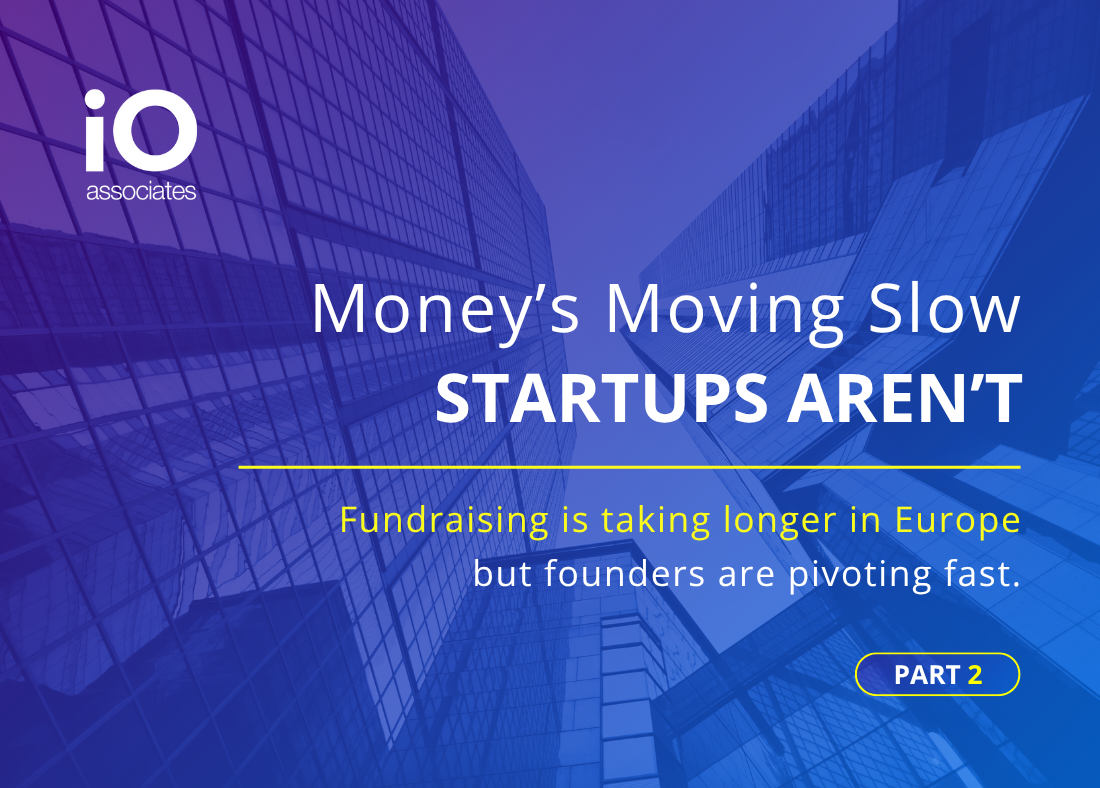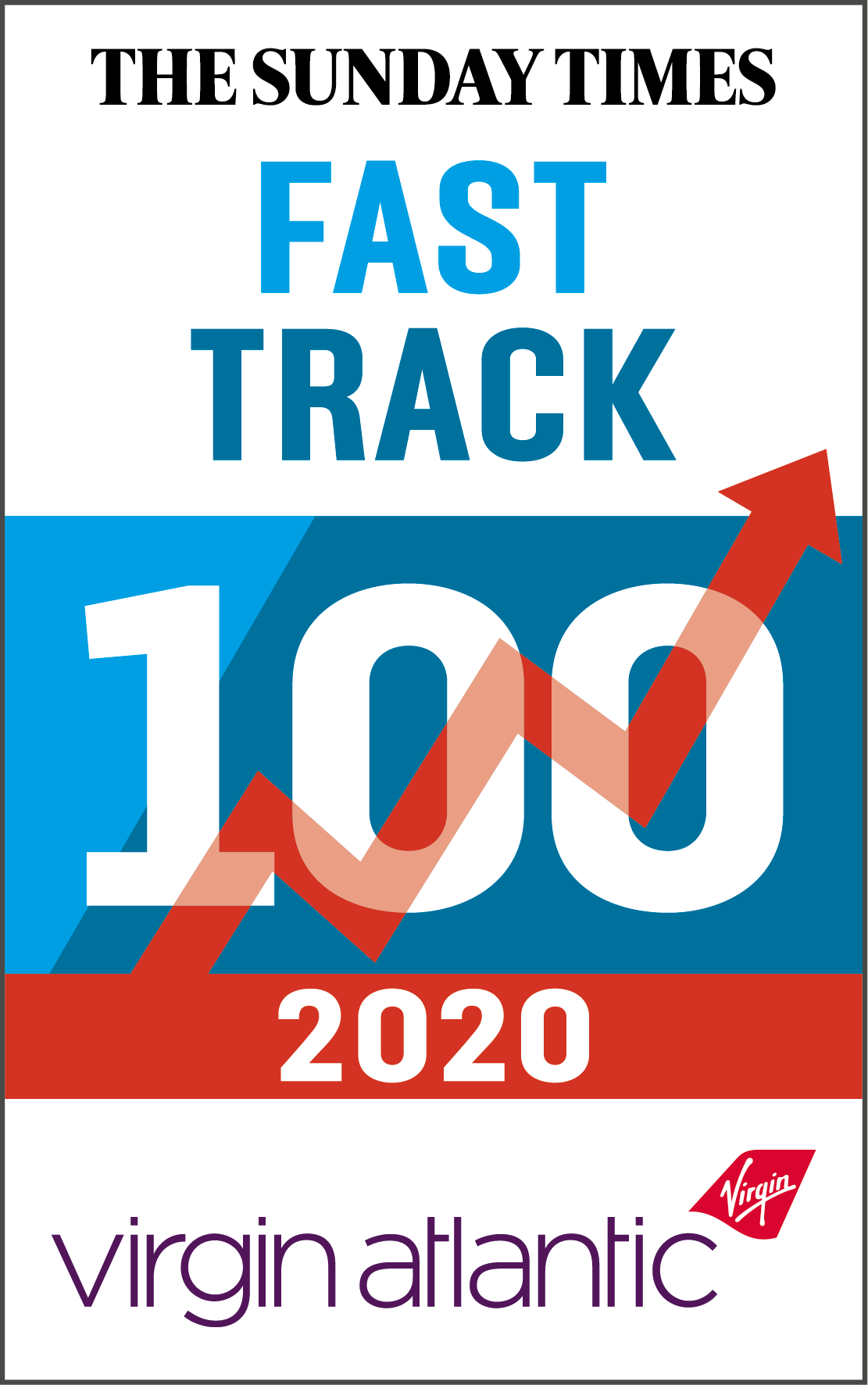Part 2: Slow Capital – Why Funding is Taking Longer & What Founders Are Doing About It
Posted on August 2025 By Jason Duffield
.png)
Inside Europe’s startup scene – trends, tactics, and truths from the ground up.
When the money moves slow, momentum matters more
At this year’s tech and innovation gatherings across Europe, from the energy of GITEX Europe to the forward-thinking showcase at chiotec, one message rang loud in Part 1 of our series: innovation isn’t slowing down. But as we spoke to founders, investors, and ecosystem leaders on the ground, another reality began to emerge. While the ideas are moving fast, the capital is moving slow. This second part of our series takes a closer look at the shifting pace of fundraising in 2025, and how startups are adapting to a more cautious investment climate.
Across the continent, fundraising timelines are stretching out. What might have taken three to six months in previous years is now often a year-long journey. Investors are applying deeper scrutiny, with due diligence processes that drill into every assumption, market forecast, and leadership decision. While this is creating pressure for founders, it’s also pushing them to refine their propositions to be sharper, leaner, and more resilient.
One trend gaining momentum is the early pivot to the US. For some startups, especially those in high-growth sectors, securing European capital has become such a drawn-out process that turning to American investors earlier than planned is now a strategic move. The bigger cheques and faster decision-making in certain US circles are proving hard to ignore.
Closer to home, founders are also finding new ways to bridge funding gaps. Major exhibitions and innovation showcases are becoming more than just networking opportunities, they’re strategic stages to meet potential backers, gain market validation, and open international doors. Likewise, targeted government programmes are stepping in to support promising ventures,helping them to thrive while private capital lags.
Another intriguing development is the pivot towards defence. Industry-agnostic startups, particularly those in dual-use tech, are reimagining their offerings to tap into investor appetite for innovations that address national and global security challenges. This isn’t about abandoning original missions, but about reframing capabilities to align with sectors currently attracting significant funding.
The message for founders is clear: while capital may be slow, momentum doesn’t have to be. By diversifying investor outreach, using high-profile platforms strategically, and staying agile in market positioning, startups can keep moving forward, even when the funding clock is ticking longer than ever.
In our next piece, we’ll look at where this adaptability is focused, from the surge in AI and machine learning hires, to renewed momentum in quantum computing, ongoing urgency in cybersecurity, and the niche but growing demand for robotics talent in construction. These aren’t just technologies to watch, they’re the skill frontiers shaping tomorrow’s most competitive startups.
Are you navigating the new realities of European fundraising?
We work with ambitious founders to help them adapt, connect, and scale, whether that’s expanding into new markets, building the right team, or finding investors who share your vision. Let’s start the conversation, get in touch today!

